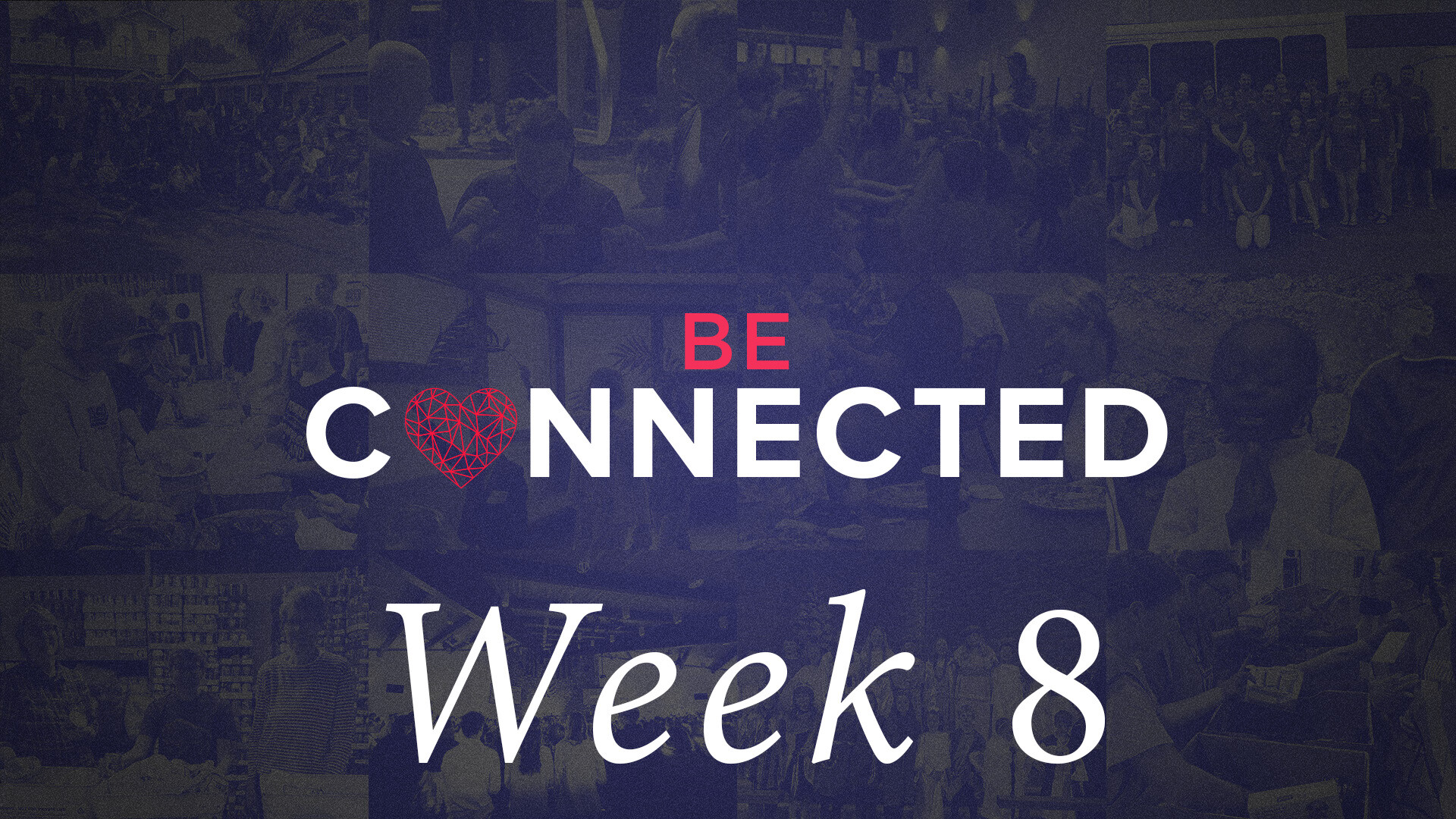February 01, 2024 | Be God's Light

Jacob, Esau and the Birthright
Scripture: Genesis 25:5-11, 19-34(NIV)
5 Abraham left everything he owned to Isaac. 6 But while he was still living, he gave gifts to the sons of his concubines and sent them away from his son Isaac to the land of the east.
7 Abraham lived a hundred and seventy-five years. 8 Then Abraham breathed his last and died at a good old age, an old man and full of years; and he was gathered to his people. 9 His sons Isaac and Ishmael buried him in the cave of Machpelah near Mamre, in the field of Ephron son of Zohar the Hittite, 10 the field Abraham had bought from the Hittites. There Abraham was buried with his wife Sarah. 11 After Abraham’s death, God blessed his son Isaac, who then lived near Beer Lahai Roi.
19 This is the account of the family line of Abraham’s son Isaac.
Abraham became the father of Isaac, 20 and Isaac was forty years old when he married Rebekah daughter of Bethuel the Aramean from Paddan Aram and sister of Laban the Aramean.
21 Isaac prayed to the Lord on behalf of his wife, because she was childless. The Lord answered his prayer, and his wife Rebekah became pregnant. 22 The babies jostled each other within her, and she said, “Why is this happening to me?” So she went to inquire of the Lord.
23 The Lord said to her,
“Two nations are in your womb,
and two peoples from within you will be separated;
one people will be stronger than the other,
and the older will serve the younger.”
24 When the time came for her to give birth, there were twin boys in her womb. 25 The first to come out was red, and his whole body was like a hairy garment; so they named him Esau. 26 After this, his brother came out, with his hand grasping Esau’s heel; so he was named Jacob. Isaac was sixty years old when Rebekah gave birth to them.
27 The boys grew up, and Esau became a skillful hunter, a man of the open country, while Jacob was content to stay at home among the tents. 28 Isaac, who had a taste for wild game, loved Esau, but Rebekah loved Jacob.
29 Once when Jacob was cooking some stew, Esau came in from the open country, famished. 30 He said to Jacob, “Quick, let me have some of that red stew! I’m famished!” (That is why he was also called Edom.)
31 Jacob replied, “First sell me your birthright.”
32 “Look, I am about to die,” Esau said. “What good is the birthright to me?”
33 But Jacob said, “Swear to me first.” So he swore an oath to him, selling his birthright to Jacob.
34 Then Jacob gave Esau some bread and some lentil stew. He ate and drank, and then got up and left.
So Esau despised his birthright.
Devotional
Isaac and Rebekah’s twins were as different as night and day. Esau, the firstborn, was a man’s man. His younger brother Jacob was a mama’s boy. Esau was rough and covered with hair, and his name meant “hairy”. Jacob was tender but sly, and his name meant “deceiver”. Esau liked the open air and going hunting, which pleased his father. Jacob was content to stay home and help around the tent, which delighted his mother. Can you spell sibling rivalry?
In Biblical times, the older son always received a double share of the inheritance. It was his birthright. This would give him greater wealth and control of the family property, especially with only one brother.
Jesus utilized this when he told the story of the Prodigal Son. In that epic tale, the younger son cashed out his third of the estate for some carousing. Once broke, he came home with his tail between his legs. His father restored him to the family with great honor. His faithful older brother was incensed (see Luke 15:11-32).
Here in Genesis, two thousand years earlier, the real life younger son swaps his older brother’s birthright for a pot of porridge. Jacob would now receive two-thirds of the wealth and controlling interest in the estate. The family line would pass through him, not his older brother. Jacob would be renamed Israel, and the rest is history.
As for Esau, he was renamed Edom, a play on words for the red, blood-looking stew he heartily exchanged for his birthright. In Malachi 1:2-3, God tells the descendants of Jacob of His love for them by saying, “Was not Esau Jacob’s brother? Yet I have loved Jacob, but Esau I have hated, and I have turned his hill country into a wasteland and left his inheritance to the desert jackals.”
Paul references this in Romans 9:10-13 in explaining why His people are the chosen: “Not only that, but Rebekah’s children were conceived at the same time by our father Isaac. Yet, before the twins were born or had done anything good or bad—in order that God’s purpose in election might stand: not by works but by him who calls—she was told, ‘The older will serve the younger.’ Just as it is written: “Jacob I loved, but Esau I hated.”
This raises some interesting questions. Did God love the person Jacob and hate the person Esau? Did God love the actions of Jacob and hate the actions of Esau? Did God love the descendants of Jacob (the Israelites) and hate the descendants of Esau (the Edomites)? What do you think?
Poem
Birthing Pains
After invasion
Ripping of soil
Seeds planted
Blanket's cover
Rest allowed
In secret
Seed hunkers
Drawing life
From host
Best foods
Tasteless, abhorred
Worst foods
Craved, desired
Fodder, gorged
Evenings exhausting
Mornings retching
Earth swells
Holds water
Eyes pool
One day
Knock within
I'm here!
Notice me?
Flipping, turning
Kicking, sprawling
Hogging bed
Making space
Taking space
Ankles swell
Skin stretches
Breasts tender
Bones creak
Stomach growls
Cheeks glow
Waist disappears
Legs bear
Joy's child
Indigestion?
Stomach cramps?
Whoa, a big one!
Abdomen ripples
Back arches
Knife stabs
Pressure, pressure
Pubic ripping
Birthing screams
Uterus contracts
Eyelids close
Baby to breast
Tender nipples
Bleeding, bleeding
Urine flows
Waddle walking
Sleepless nights
Celibate bed
Work begins
Constant tending
Protective herding
Planting wisdom
Hoping, hoping
Disappointment
Unknown joy
Heart wrenched
Birthing pains

